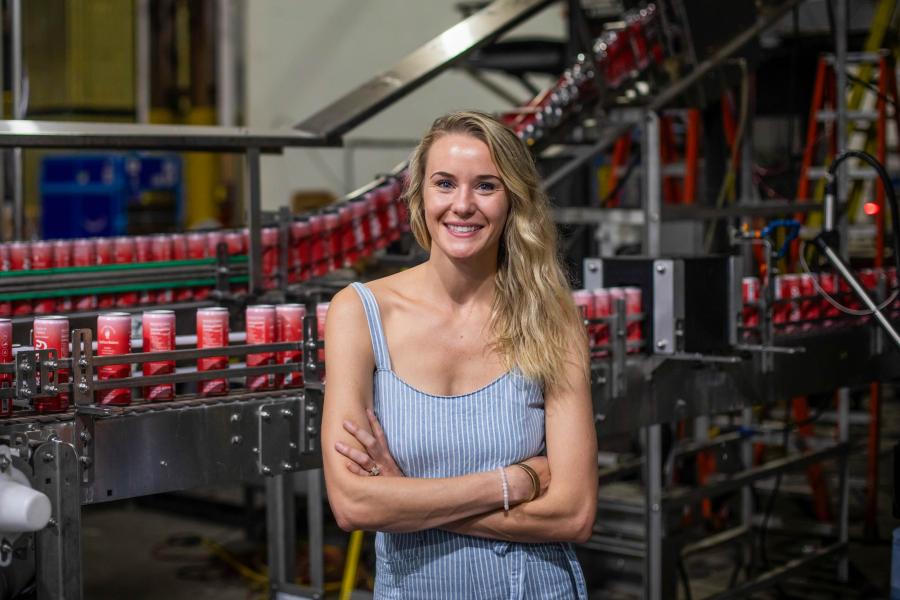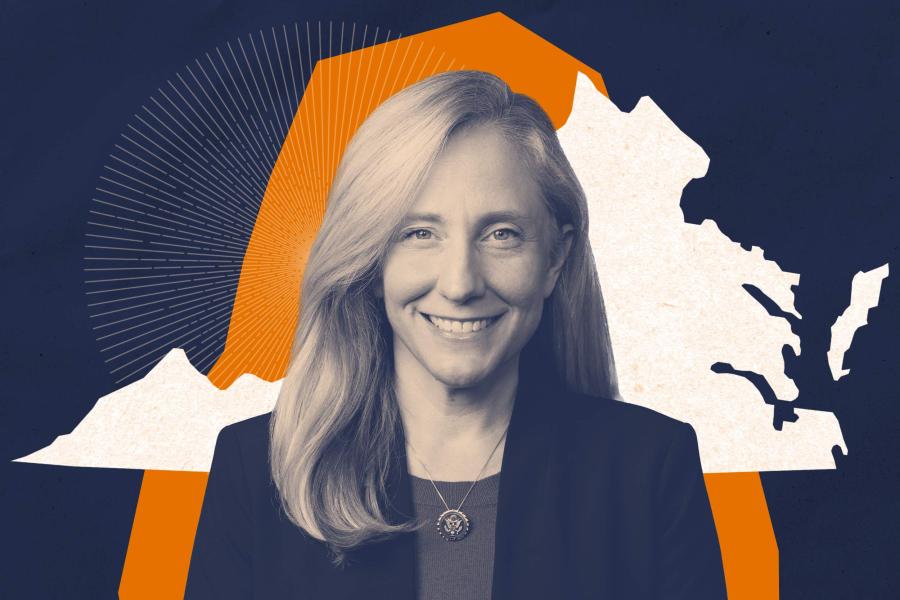The University of Virginia will use $1.55 million in settlement money from the Volkswagen emissions scandal to research carbon removal strategies and create an online dashboard that can help reduce net carbon emissions in the state.
UVA received the money in July, after being approached by attorneys asking if the University would like to submit a proposal, which the Environmental Resilience Institute did last fall.






